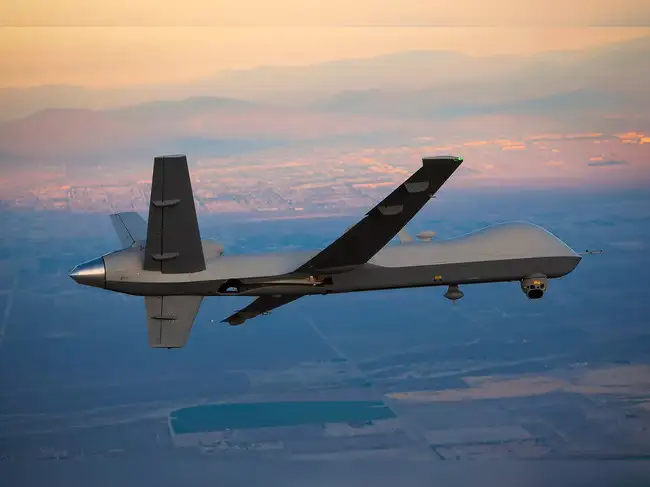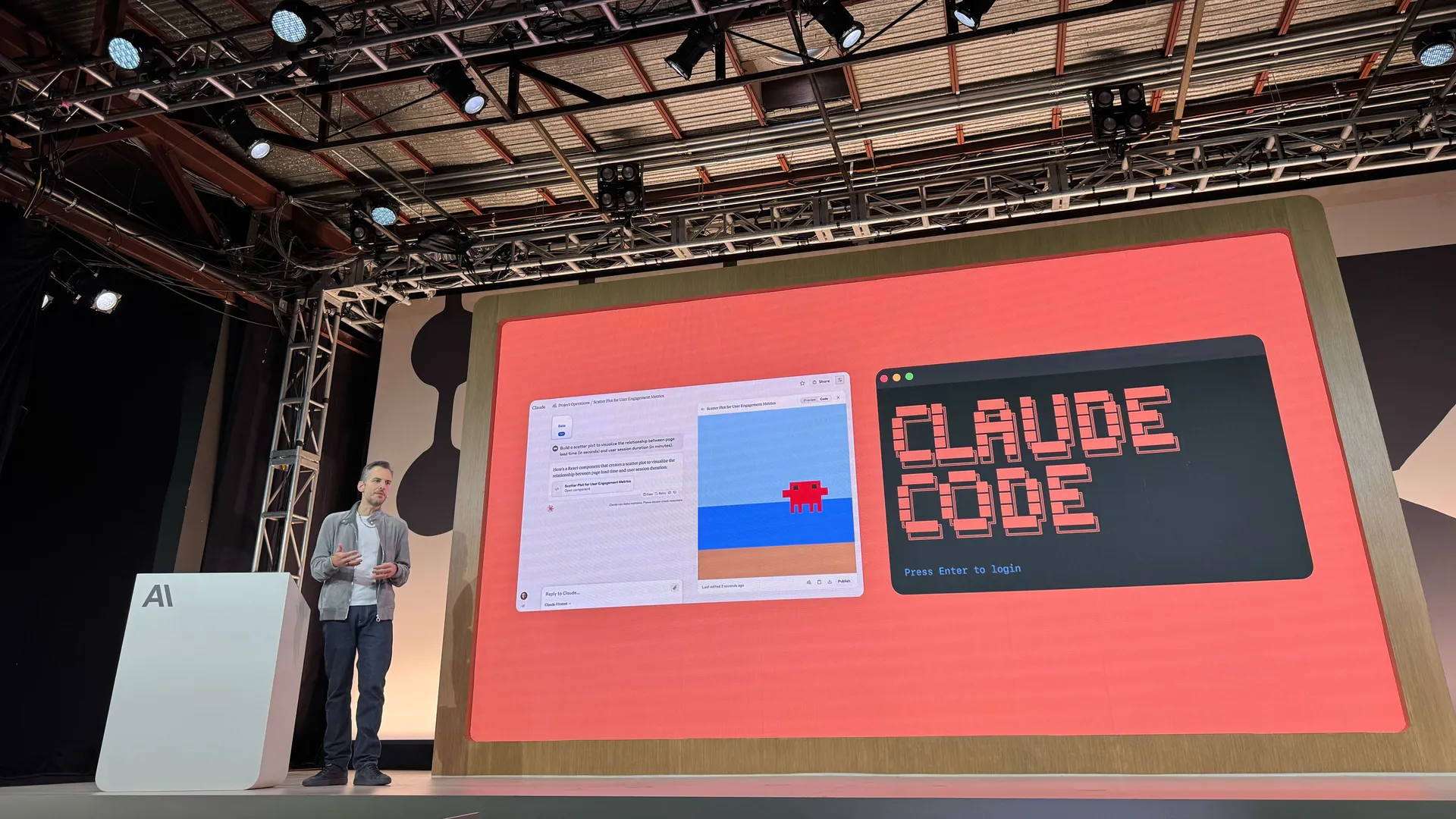In a world where conventional weapons are no longer the sole determinants of power, artificial intelligence (AI) is emerging as the most potent force on the battlefield. Often dubbed the "AI bomb," this new wave of intelligent weaponry could reshape military strategy, defense systems, and global diplomacy.
What Is an AI Bomb?
The term "AI bomb" doesn’t refer to a physical explosive, but rather to the weaponization of autonomous algorithms, drone swarms, cyberweapons, and predictive systems that can execute or suggest lethal actions without human input. These tools can analyze battlefield data in real time, identify threats, and even launch countermeasures faster than any human operator.
Nations Leading the AI Arms Race
United States: The Pentagon’s Joint Artificial Intelligence Center (JAIC) is investing billions into integrating AI into defense systems.
China: Through its "Next Generation AI Plan," China aims to dominate military AI by 2030.
Russia & Israel: Both countries have demonstrated autonomous combat drones and real-time battlefield AI.
Real-World Examples
Loitering Munitions (Kamikaze Drones): AI-powered drones like the Switchblade or Harop can loiter in an area, identify a target, and strike without human confirmation.
Swarm Warfare: Hundreds of micro-drones coordinated by AI can overwhelm traditional defense systems.
Deepfake and AI Cyberwarfare: AI-generated content and cyberattacks can destabilize governments and infrastructure without firing a single bullet.
Security and Ethical Implications
Critics warn that the unchecked development of AI weapons could lead to a dystopian arms race. The lack of global regulation means that decisions about life and death might soon be made by machines.
Organizations like the United Nations, Human Rights Watch, and OpenAI are urging for strict governance to prevent AI from becoming a fully autonomous weapon of mass destruction.
The Bottom Line
The "AI bomb" is not science fiction — it’s an emerging threat and opportunity. As governments, tech firms, and militaries push the boundaries of artificial intelligence, the world must confront the ethical, legal, and existential risks of a future where war could be decided in milliseconds — by code, not commanders.








